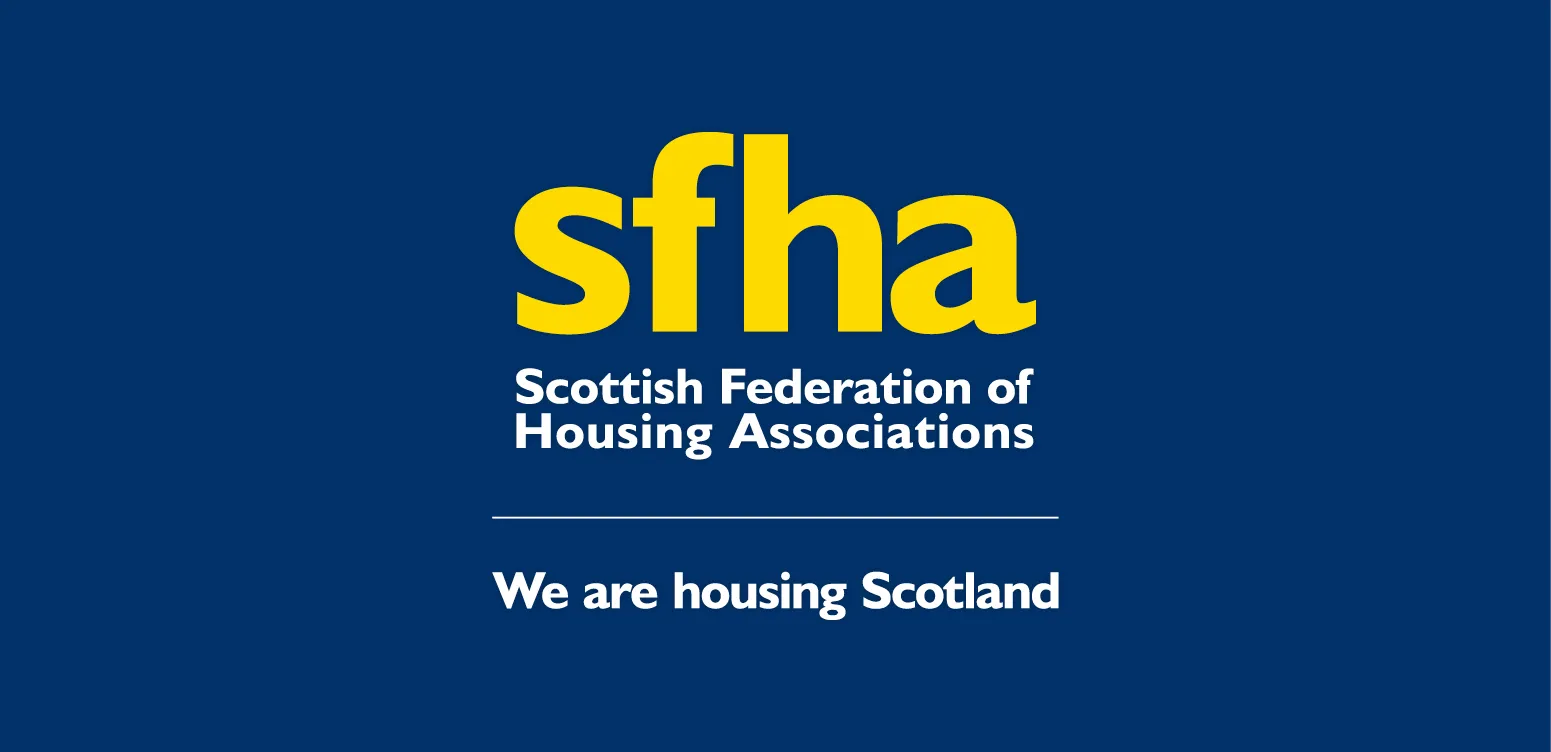What does the Programme for Government announcement mean for housing?
In his blog, SFHA's Director of Policy and Membership, Aaron Hill, discusses the publication of the Scottish Government's first Programme for Government announcement and what it means for the housing sector.
